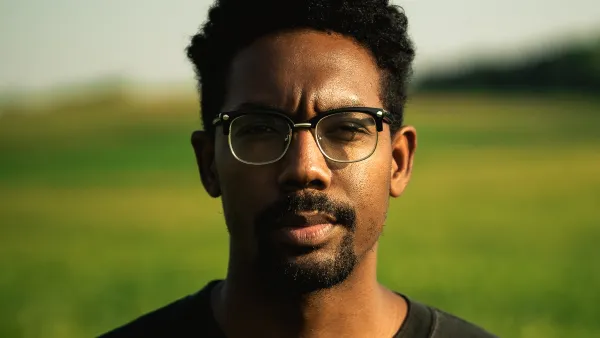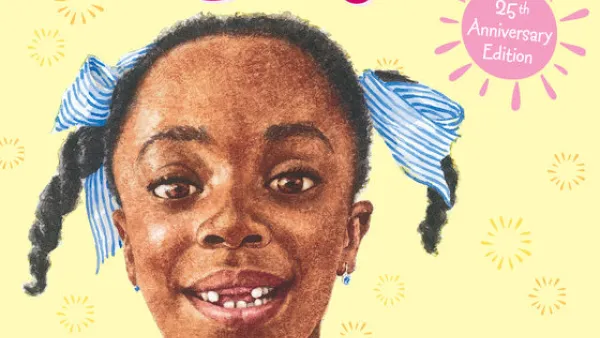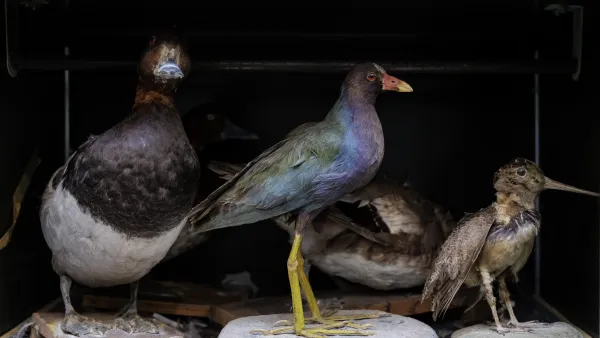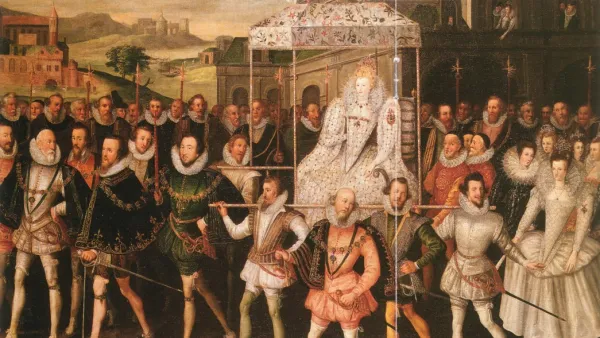After five years with the Center for the Humanities in a variety of leadership roles, Ignacio Infante (Comparative Literaure and Romance Languages and Literatures) is stepping down as associate director after the spring 2023 semester. While a search is underway, we asked Infante to reflect on his time with the center and tell us what’s next.
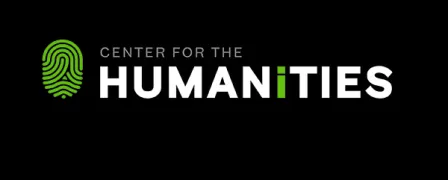
How did you come to join the center as associate director?
I joined as interim associate director for the 2018-19 academic year. I had been on the center’s executive committee — including the nomination committee for Sir David Adjaye’s International Humanities Prize — and was very familiar with its programming and offerings. I was thrilled to be able to work together with director Jean Allman (AFAS) and associate director Rebecca Wanzo (WGSS) for an intense 2018 fall semester, full of the vibrant intellectual life that characterizes the center.
With its portfolio of energizing collaborations and projects, the center is an exciting place to be. I was somewhat newly tenured at that point, and I was eager to support Arts & Sciences and colleagues across the humanities. Because of my time in the executive committee, I thought that I could make a positive contribution by facilitating opportunities for others in the humanities, as well as supporting Jean’s and Rebecca’s vision for the center. So, I was excited to step up my involvement in the work of the center, and continue to collaborate with the executive committee and the center’s staff. Since then, I served as the center’s acting director for 2019-20, and I have been in my current role as associate director since fall 2020. Spring 2023 is my last semester at the center.
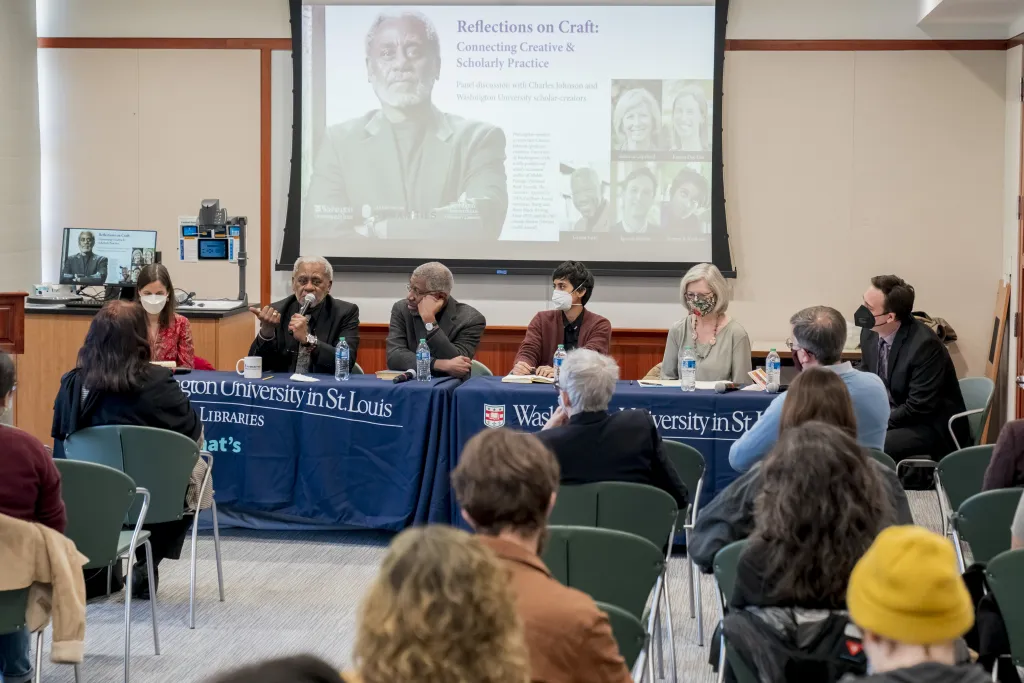
Which center events/programming have you been most directly involved in?
We’re a very collaborative group, so we’re all involved in pretty much everything to some degree. But I’m particularly proud of the lead roles I took in the annual Faculty Book Celebration’s panel discussions, Scholarly Writing Workshop and Proposal Writing Workshop.
At the center, you jump in with both feet. One of the first events I was involved in was the 2018 International Humanities Prize with Sir David Adjaye. I really connected with his work, the events leading up to the award, and ended up writing a piece for our blog and introducing him at his lecture and prize ceremony. That was a great start! By the time I was acting director a year later, I was ready.
Speaking of your year as acting director, you were leading the center when the COVID pandemic hit in 2020. What was that experience for you?
I have to shout out Shefali Chandra (WGSS), who was interim associate director at the time, and all the staff at the center. The main challenge was to sustain the life of the center during a very difficult and uncertain time, and we managed to do it in a collaborative way. It was really a team effort. We didn’t know what the impact or the implications of the pandemic were going to be, but we were able to continue to move forward.
As the campus shut down in March, we moved to remote work, along with everyone else. Even though we had to go on Zoom, our weekly meetings with the center fellows were fulfilling; it was energizing to see how everybody was participating and working together. We were eager to see one another and interact in this way.
We also held our Scholarly Writing Retreat that spring and extended it into summer, all on Zoom. It had the highest turnout of any writing retreat we’ve done, and it was amazing to see how people were still engaging and how they needed to connect with one another during this complex time.
To get all this done, we doubled down on our support for our colleagues. We were meeting almost daily as a team — even Jean, who was on leave, stepped back in to lead our community poetry project, Life/Lines, with Kathleen Fields. The staff and leadership pulled together to make it happen and sustain the life of the center during this time.
What do you want to share about working with center staff and working as part of the center in general?
It’s been wonderful to work with a great team that has been in place for a long time doing exciting, transformational work, from supporting faculty and students to communications to facilitating new center initiatives. It’s a very collaborative, energizing team to be a part of.
The past five years have been an amazing learning experience, becoming immersed in the kind of important work that the center does across the board, especially for faculty in the humanities, and to support the overall mission of Arts & Sciences. And in reading fellowship applications and workshopping proposals and participating in our fellows’ workshops, it has also been humbling, particularly in terms of the extremely high level of research and work that our faculty carry out, as well as the amazing collective commitment to supporting each other in our research, teaching and mentorship of students. It’s been amazing to be a part of it, and to now be able to support Stephanie Kirk (named current director in spring 2022) in her leadership position at the center. I’m looking forward to taking everything that I’ve learned here to my new administrative position within Arts & Sciences.
In spring 2022, Infante was named as co-director, with Danielle Dutton (English), of the Center for the Literary Arts (CLA). The new center officially launched in November 2022.
Headline image: Ignacio Infante with 2018 International Humanities Prize recipient Sir David Adjaye, OM OBE.

